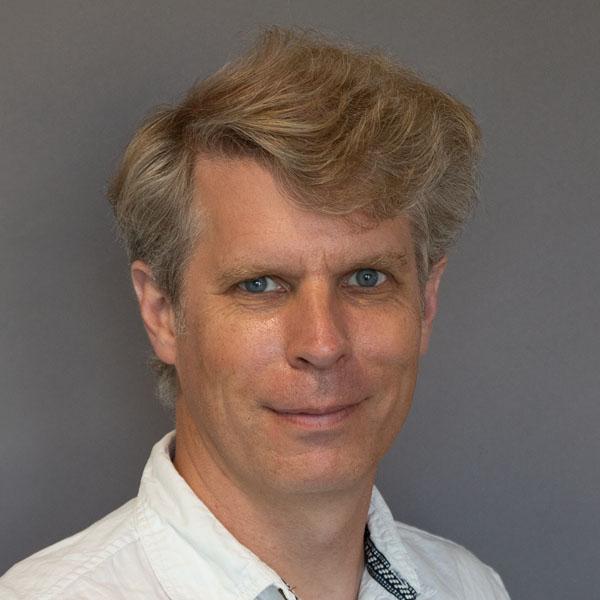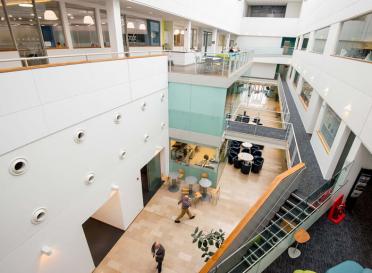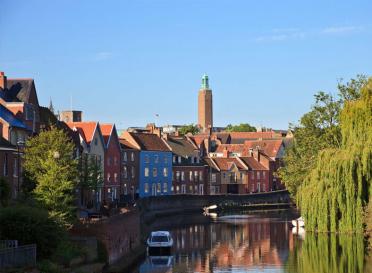
Life at Earlham Institute
We believe that our people are our greatest asset, and we want you to have the freedom to achieve your very best work here.
Recent technological advances allow us to write and build whole chromosomes, allowing unprecedented potential for the design and creation of cellular machines.
Synthetic designer de novo chromosomes will allow us to address fundamental biological questions, to systematically refactor genetic components, to incorporate large-scale metabolic pathways, and ultimately to engineer programmable organisms.
To fulfil this potential, it is crucial to understand the design principles for stable maintenance of synthetic chromosomes. We have recently contributed to the design, build, and test of the first non- native eukaryotic chromosome, called a neoChromosome. This project builds upon this work to elucidate the requirements for fully synthetic chromosomes that can be stably maintained within cells.
We offer a highly collaborative multi-disciplinary PhD between the Nieduszynski (chromosome biology; technology development) and Grandellis (engineering biology; molecular biology automation) groups. The main aim of the project is to test the design principles for stable maintenance of fully synthetic chromosomes within eukaryotic cells.
You will work in a rapidly developing field and gain a unique expertise in engineering biology, technology development, and automation - skills that are in high demand for modern biological research in both academia and industry.
The project will be conducted at the Earlham Institute, a BBSRC-supported, world-leading research centre for bioinformatics and genome biology.
You will have access to training and career development opportunities at the Earlham Institute and across the Norwich Research Park as part of the Norwich Biosciences Doctoral Training Partnership.
Further reading:
Schindler, D. et al. Design, construction, and functional characterization of a tRNA neochromosome in yeast. Cell 186, 5237-5253.e22 (2023)
Müller, C. A. et al. Capturing the dynamics of genome replication on individual ultra-long nanopore sequence reads. Nat Methods 16, 429–436 (2019)
Shen, Y. et al. Deep functional analysis of synII, a 770-kilobase synthetic yeast chromosome. Science (New York, NY) 355, eaaf4791 (2017)
Newman, T. J., Mamun, M. A., Nieduszynski, C. A. & Blow, J. J. Replisome stall events have shaped the distribution of replication origins in the genomes of yeasts. Nucleic Acids Res 41, 9705–9718 (2013)
Application information:

We believe that our people are our greatest asset, and we want you to have the freedom to achieve your very best work here.

Norwich is a city of culture, with its rich history of art and writing, as well as a city of science - hosting some of the leading centres for life science research in the world.

The behaviours and communication skills we expect from candidates.